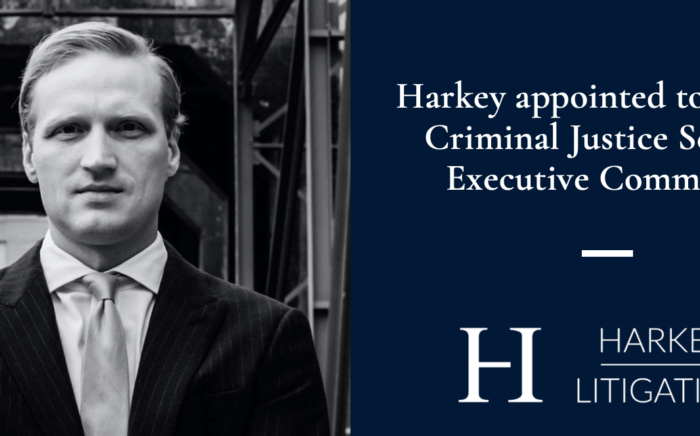Embezzlement is when someone takes property entrusted to them and uses it for a purpose other than it was given. Usually embezzlement deals with money, but not always. When it comes to embezzlement of state property, it would usually deal with someone who is a state employee who was entrusted with state property. For it to become embezzlement, that person would have misused the state property entrusted to them.
An Example Of Embezzlement of State Property:
A straightforward example would be a person who handles money or is responsible for accounts payable, and who takes some of that money and uses it for personal purchases. Or it could be a scenario where the person has a state credit card to use on work-related expenses, but the person uses the card to make personal purchases.
Cases of embezzlement of state property are actually pretty rare, however.
More Common Forms of Embezzlement Than State Property Seen in NC
More often embezzlement happens in localized city governments, churches, educational institutions, and charities.
Here are two examples:
- Churches – The treasurer, pastor, or some other administrative member of the church with access to the money uses the money for personal purchases, or simply pockets the money rather than ensuring it ends up where it was intended. A pastor who uses church money meant for a roof repair to buy a new car would be a simple example of embezzlement from a church.
- Schools – A treasurer or superintendent who is in charge of school funds uses some of the money to purchase things for themself. Or perhaps they routinely skim a little off the top and try to hide it with clever accounting.
Embezzlement vs. Fraud
Contrary to how the word “fraud” is often used in conversation, there is not actually an official crime called fraud in North Carolina. Situations where someone engages in fraudulent behavior ends up falling into various classifications of crime.
For instance, someone fraudulently using your credit card could be charged with embezzlement, obtaining property by false pretenses, or financial card theft.
Another form of fraud we’ve blogged extensively about before is obtaining property by false pretenses.
The contrast for embezzlement from obtaining property by false pretenses is that embezzlement includes when the property was obtained legally at the outset. In other words, it’s not a defense to say, “Bob gave me his credit card to use!” if Bob only did so with the instruction that you use it to go put gas in his truck, but you went on a shopping spree.
In that example, Bob did indeed give the credit card, but the card was not used for the purpose it was received.
This example would become a crime of false pretenses if you falsely told Bob’s wife that Bob wanted her to give you the card to fill up his truck, convinced her to hand it over, and then went on a shopping spree. Bob’s wife giving the credit card is now based on a lie.
Where Embezzlement Becomes Far More Serious
Embezzlement charges start as a Class H felony, but can quickly become a more serious felony based on certain circumstances.
The first way this happens is if the total amount embezzled is $100,000 or more. At that point it is legally considered a violent crime – whether violence was physically used during the crime or not. The law now says it becomes a Class C felony, which is far more serious.
Another way embezzlement charges can quickly become more severe is if an individual uses a commercial vehicle in the commission of a felony. Say, for instance, they use a government vehicle such as a work truck or van in the act of embezzlement. The use of the commercial vehicle instantly makes it a greater charge, and also means that years later the crime cannot be expunged.
These are important distinctions, because anything that is considered a “violent crime” cannot be expunged (or removed from one’s record) later. That means if an individual is both charged and convicted of these crimes, the felony conviction will stay with them for life.
Can Embezzlement Be Both a Criminal and Civil Case?
Yes. When this happens it becomes what is called “parallel proceedings”. Parallel proceedings is a term used to describe simultaneous criminal, civil, or administrative actions based on the same set of facts.
What it usually looks like is the offender is charged criminally for embezzlement, and that is one case. At the same time, the party from whom the money was embezzled, the aggrieved party, files a civil lawsuit against the individual that embezzled the money.
Usually, the civil suit is to sue the offender for the lost money, plus additional damages that may have been caused by the embezzlement. Additional damages might be bounced check fees, NSF fees for card transactions, interest, punitive damages, or problems caused by the inability to pay employees because of the lost funds.




